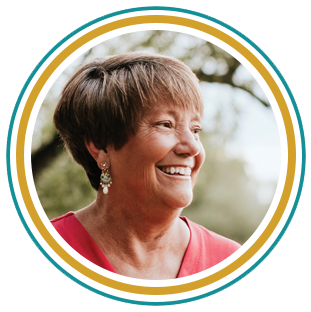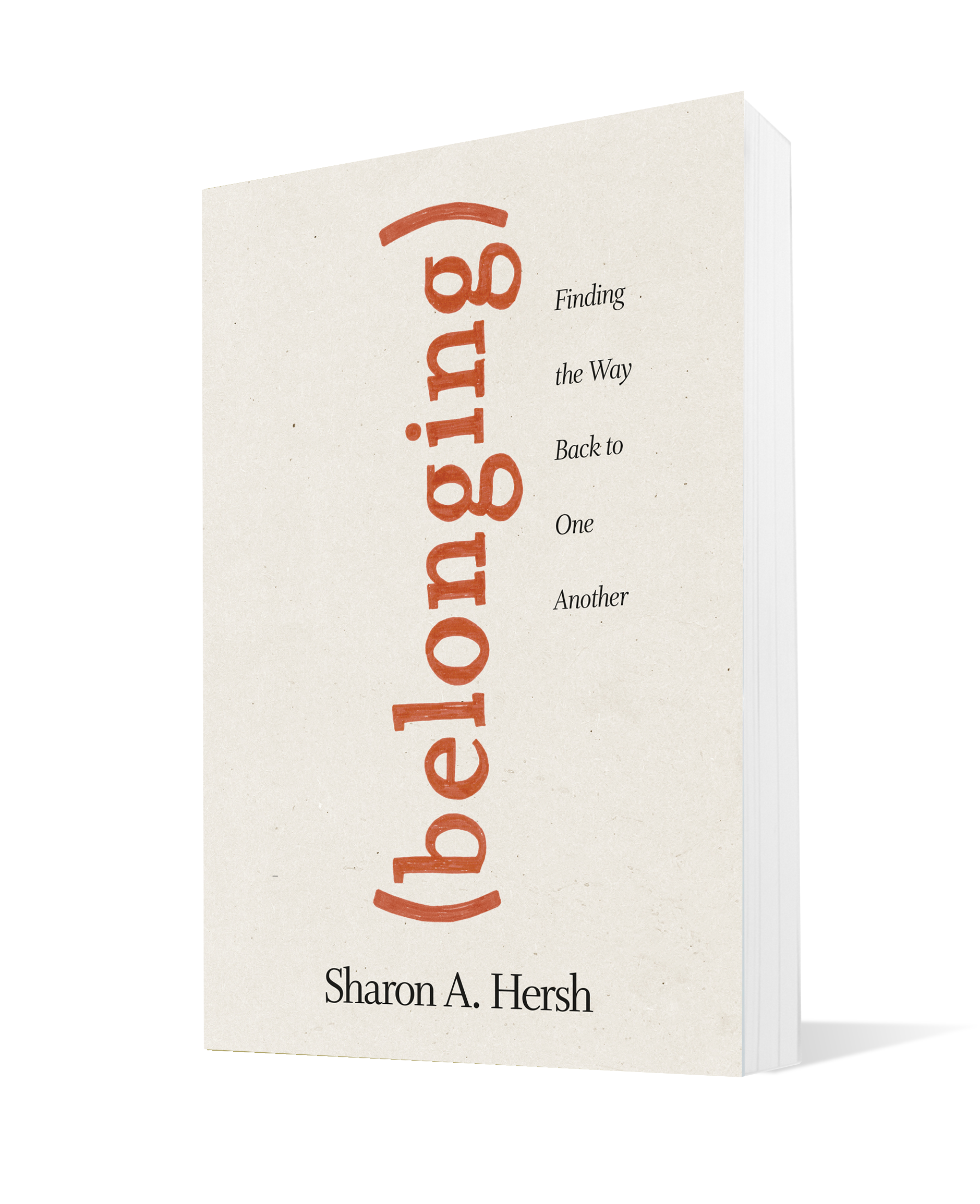Our sins nailed Jesus to the cross, where he bore hell for us. All our offenses were laid on him (Isaiah 59:12)—our DUIs, gossip, envy, little white lies, big gaping lies, fudged income-tax returns, relational violence in the line at Einstein Bros. Bagels. Once we’ve stood before the crucified Savior and embraced his story, it’s hard to be personally offended with someone else.
The Kingdom of truth, beauty, and goodness does not come by convincing people we are right at any cost or by cramming our truth down someone’s throat. The Kingdom of truth, beauty, and goodness comes through something much more powerful than our attempts to persuade. Jesus set the Kingdom in motion when he was crucified, and he invites us into the building of that Kingdom with these words: “If any of you wants to be my follower, you must give up your own way, take up your cross, and follow me” (Matthew 16:24, NLT). The Kingdom is about letting go of another person’s throat.
The Kingdom of truth, beauty, and goodness does not come by convincing people we are right at any cost or by cramming our truth down someone’s throat. The Kingdom of truth, beauty, and goodness comes through something much more powerful than our attempts to persuade.
Tweet
What if we entered every conversation with a cross on our backs? Before we file that away as a platitude, we need to remember crosses are for getting crucified by those who hate us because we love them. Crosses are for bearing another person’s hell. Crosses are for carrying another person’s wounds—sometimes the wounds of those who have hurt us. Love always leaves a mark.
It’s easier to be personally offended than it is to be crucified.
It’s easier to be personally offended than to invite someone you don’t understand or approve of to lunch.
It’s easier to be personally offended than to ask questions. It’s easier to be personally offended than to risk getting involved with people who might hurt you.
Instead of cultivating offenses, do we have the courage to pick up a cross?
It’s easier to be personally offended than to ask questions. It’s easier to be personally offended than to risk getting involved with people who might hurt you.
Tweet
Pastor and author Phil Vaughn describes how “picking up a cross” and being willing to die to ourselves can resurrect something new and change who we are in interactions with others:
What if the problem isn’t really the issue. What if my perspective is the problem . . . the way I see it. In other words, what if what I think I know is in the way of what I need to learn?
I’ve spent the last couple of weeks pondering the conversation between Jesus and Nicodemus in John 3.
Jesus tells Nicodemus that if he wants to see the Kingdom of God he needs to be, “born again.”
What an intriguing phrase.
It seems as if Jesus is telling Nicodemus to:
Start over. Begin again. Forget what you think you know, Nicodemus. It’s in the way of what you need to learn. You can’t see “new” because of the “old.”
Listen with new ears.
Challenge your currently held assumptions.
The structure that got you this far is now in the way. Dismantle it with gratitude and embrace the New Thing that God is doing.
Start over and approach this as a beginner . . . as helpless and innocent as a newborn infant—be born again. Only then can you see the unimaginable grace and mercy of an all-loving God who is leading you to new places. [i]
Sources
[i] Phil Vaughn, “What if the problem isn’t really the issue?” Facebook, April 29, 2019.



